Make a difference to public life and apply for a public appointment. Many board level roles in public bodies could use your knowledge and skills to thrive. You could help to transform and enhance some of the most important institutions in the United Kingdom.
Keep reading to find out more about public appointments, and how you can be a part of delivering effective public services.
What is a Public Appointment?
A public appointment has no exact definition – typically it could be a chair or non executive director, for a board of a public body, a member of an advisory committee or an office holder.
Public appointments can be vastly different – from those at local levels that monitor the operation of local prisons, national parks or flood defences, to others that help steer the direction of well-known national institutions like the NHS and some of our largest museums.
Public appointments play an important role in the governance of our public bodies, and it is important that any appointments made are transparent and made in line with our statutory guidelines. You can find out more by clicking below:
What are the benefits of a Public Appointment?
There are a wealth of benefits to becoming a public appointee.
It will give you a unique opportunity to get more involved in the community, help improve public services, work with a broad network of people and make a difference to society. You’ll also be able to develop your skills, gain experience and build on your contacts.

What can I do as a public appointee?
You can help oversee delivery of vital public services, for example in:
- museums and galleries
- the NHS
- prisons
- national parks
- flood defences
- national regulators e.g. Ofgem
Can anyone be a public appointee?
Public appointment opportunities are available to everyone. We actively encourage applicants who can bring new talent and fresh perspectives to the services we all care about.
Whatever your interests, background and experience, there is an opportunity for you to get involved!
You can be a public appointee alongside your job, as long as you have the time to do both roles.
What sort of roles are available?
There are lots of different types of public appointment. The most common roles available are listed below:
- Chair – the Chair is responsible for the strategic leadership of the board of an organisation and for ensuring its overall effectiveness and delivery against agreed purpose and objectives.
- Member – a member (often referred to as a non-executive director (NED)) supports the Chair in their leadership of the board and provides appropriate scrutiny and challenge to the executive of the organisation.
- Office Holder – an individual Office Holder is a person who has been appointed to undertake a specific function on behalf of, or for, ministers. They are not supported by other non-executive members. Examples include the Children’s Commissioner (which is a statutory role with legislation that sets out its remit) and the Information Commissioner.
Sometimes, you may see executive roles advertised on this site. An executive is a person who is to be an employee of a public body or public office such as Chief Executives and Chief Operating Officers. These are not public appointments, however ministers may sometimes be involved in these appointments.
